In fact, many dictionaries only record “sung” as a plant species. For example, the Great Vietnamese Dictionary (edited by Nguyen Nhu Y), the entry for “sung” explains two meanings: “1. A tree that grows in damp places, by the edge of ponds and lakes, has a small trunk, no secondary roots, soft branches with many scales, bumps and scars, oval-shaped leaves with many small bumps called “sung nipples”, dense fruit on the trunk and branches, red-brown when ripe, edible. 2 Fig fruit: open mouth waiting for sung (tng.)”. Or the Vietnamese Dictionary (edited by Van Tan), the entry for “sung” explains “A tree with fruit growing in groups on the trunk and large branches, red when ripe, edible”.
Perhaps that is why the Vietnamese Reduplicated Words Dictionary (Hoang Van Hanh, editor-in-chief - Social Sciences Publishing House - 2013) has collected and explained "sung hanh" as "Happy, feeling satisfied materially or spiritually", and used the example "Living a happy life".
Actually, "sung vui" 充暢 is a compound word of Chinese origin [meaning the same era]. "Sung" 充 means full, full, full of inner strength. "Sung" appears in many compound words such as "sung tuc" 充足; "sung man" 充滿; "sung suc". In addition, "sung" is also used independently. In the Vietnamese dictionary (Hoang Phe, editor-in-chief - Vietlex), the entry for "sung" explains it as "in a state of great enthusiasm, full of energy" and gives the example "jump very excited ~ sing with all your might".
In the word “happy”, “sung” means enough, full. With the idiom “Eat well, dress well”, “sung” means full, sufficient. For example, “Y noãn nhi thực sung - 衣煖而食充” (Tuận Tử), means a life with enough clothes and warmth, enough food, referring to a life with minimal material sufficiency, in Vietnamese it is called Com no ao am/Coat warm, com no/Eat well, dress warm.
With 暢, this is also a Vietnamese word of Chinese origin, meaning happy, comfortable, smooth, complete (like joy; Happy as a fairy,..). The great Chinese dictionary explains the meaning of each element: "sung: enough, full" [sung: full, full - 充: 足, 滿]; "suong: comfortable; happy." [suong: happy, joyful - 暢: 舒暢; 歡快]; "sung: full and flowing, smooth." [sung: sung phan nhi suoc dat - 充暢: 充分而暢達].
Reference: In Chinese, there are also some words that contain the word "chuong", such as "thong xuong" 通暢 which means clear and open; "van tu" (literally, thinking is fluent and coherent); "thuan xuong" 順暢 which means smooth, without any obstacles; "thu xuong" 舒暢 which means comfortable and happy; "luu xuong" 流暢 which means flowing, fluent (like "van but luu xuong" 文筆流暢 - fluent writing).
Thus, “sung” in the word “sung vui” means full, enough, and this is a compound word of Chinese origin, not a reduplicated word.
Man Nong (CTV)
Source: https://baothanhhoa.vn/nghia-cua-sung-nbsp-trong-tu-sung-suong-260047.htm










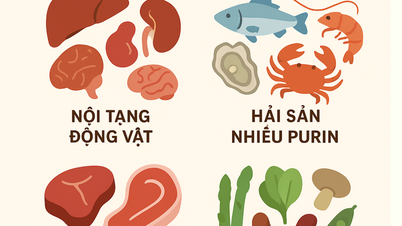






































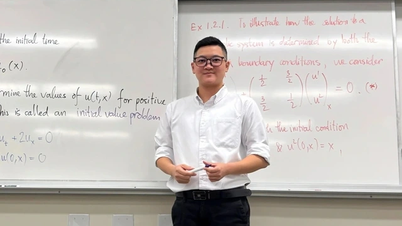





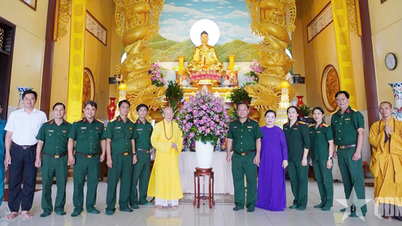
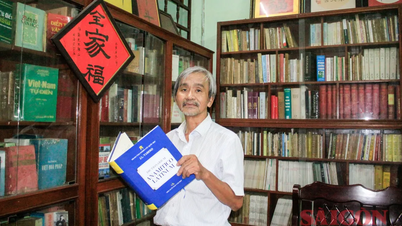





































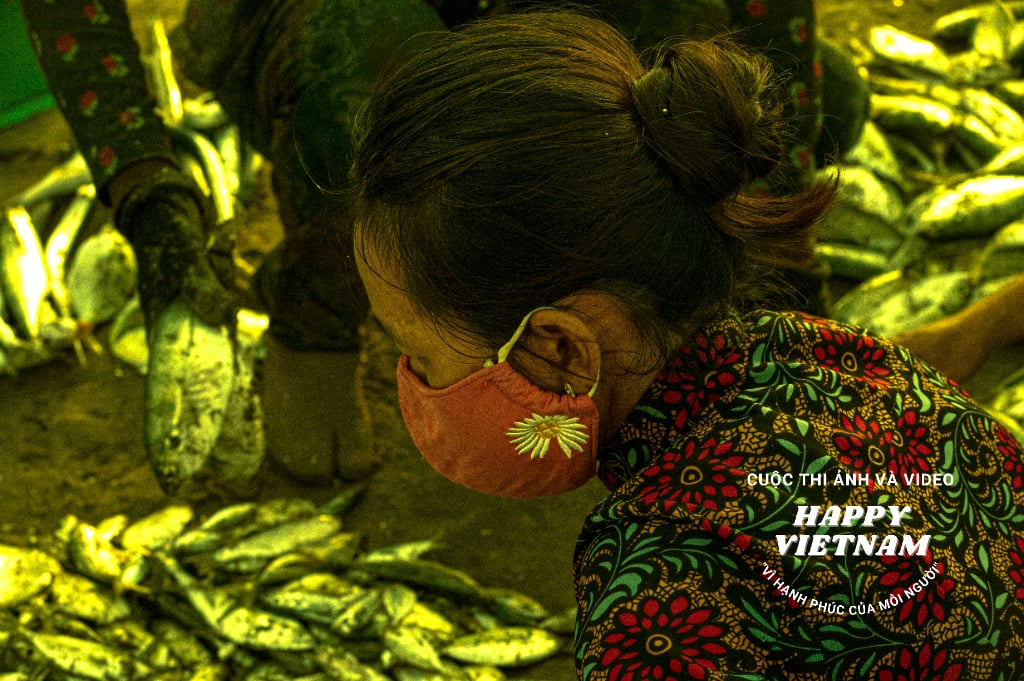


Comment (0)